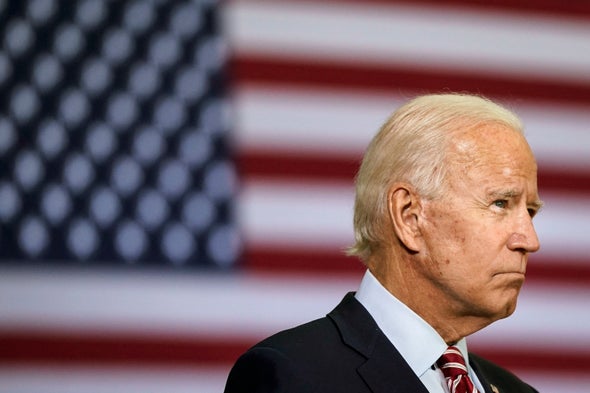Bighneswar Swain
Gun control is one of the most divisive issues in American politics. With each mass shooting — defined as four or more victims having been killed indiscriminately — antagonism grows between both sides of the gun control argument.
Proponents of stricter gun regulations fear for their safety in a country where there is an average of 88 guns per 100 people, according to the 2011 Small Arms Survey. The Brady Campaign to Prevent Gun Violence estimates that around 114,994 people are shot each year in the US. This includes murders, assaults, accidents, police intervention, suicide attempts and suicides.
Opponents of regulatory arguments, however, also fear a loss of safety. They argue that restricting the right to bear arms would leave citizens unable to protect themselves in their daily lives or, in a worst-case scenario, from a government turned against the people.
Thirty-one states out of fifty states of the USA allow the open carrying of a handgun without any license or permit, although in some cases the gun must be unloaded. Fifteen states require some form of license or permit to openly carry a handgun. See the summary on Carrying Concealed Weapons for details about these licenses and permits. California generally prohibits a person from carrying a concealed handgun in a motor vehicle, unless the handgun is in a locked container or the vehicle’s trunk, or the person has a valid concealed weapons license. (Firearms carried openly in belt holsters are not considered “concealed”).
States which can allow carrying a gun without a permit are Alabama, Alaska, Arizona, Arkansas, Delaware, Idaho, Kansas, Kentucky, Louisiana, Maine, Michigan, Mississippi, Montana, Nevada, New Hampshire, New Mexico, North Carolina, Northern Mariana Islands, Ohio, South Dakota, Vermont, Virginia, Washington, West Virginia, Wisconsin, Wyoming. Generally, foreigners are not allowed to buy guns in the United States. For example, a foreigner who manages to obtain a state hunting license and can show proof of residency in that state can legally buy a gun. An Asylee is not a non-immigrant thus the federal law permits the purchasing and owning of a gun.
President Biden on April 8, 2021 announced a series of executive actions to curb gun violence, and he pledged to push for sweeping changes to the country’s firearms laws — his first substantive response to a pair of mass shootings last month that left 18 dead.
“Gun violence in this country is an epidemic, and it’s an international embarrassment,” President Biden said in the White House Rose Garden.
“The idea that we have so many people dying every single day from gun violence in America is a blemish on our character as nation.” The president unveiled new rules on “ghost guns” — firearms that are assembled at home, which lack serial numbers and are harder to track — among other moves designed to make it harder for unqualified people to obtain dangerous weapons.
President Biden also announced David Chipman as his pick to run the Bureau of Alcohol, Tobacco, Firearms and Explosives, although it is unclear how the nominee will fare in an evenly divided Senate. David Chipman is a former ATF agent and now a senior adviser to a gun-control group founded by former congresswoman Gabrielle Giffords (D-Ariz.), who was severely injured in a mass shooting in 2011.
President Biden urged lawmakers to take up gun-control legislation, including measures already passed by the House that would require more gun buyers to undergo background checks. Vice President Harris, a former prosecutor, also urged the Congress to pass long-stalled gun measures. “What are we waiting for?” Harris said. “Because we aren’t waiting for a tragedy. I know that we’ve had more tragedy than we can bear.”
Biden laid out several ways his administration will tackle gun violence. He ordered action on ghost guns, firearms without serial numbers that are sold in kits. He directed the Justice Department to draft a new rule regulating a device that can be placed on a pistol to turn it into a short-barreled rifle.
He also instructed the Justice Department to create a template that states can use to enact “red flag” laws, which allow judges to seize firearms from people who are deemed a threat to themselves or others. And he ordered a repeat of a landmark 2000 gun-trafficking study that was instrumental in helping police determine the source of guns used in crimes.
Gun activists said they were pleased. “The president did a really great job here looking at the many, many forms of gun violence and addressing those,” said Brian Lemek, executive director of Brady PAC, a gun-control group. “We knew he would come through.”
The writer is Head, North America, BIPM Practice and Trustee, Shree Jagannath Chetna & Chintana World Wide.
